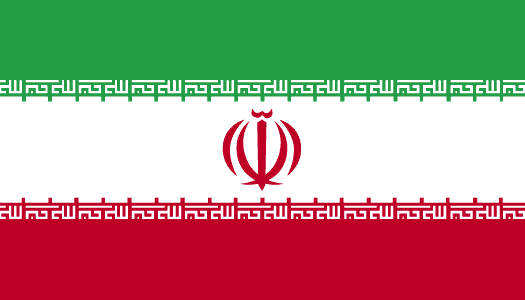VIENNA — June 12, 2025 — The International Atomic Energy Agency (IAEA) has concluded that Iran has failed to meet its nuclear non-proliferation obligations, marking the first such finding in two decades.
In a resolution passed by the IAEA’s Board of Governors, the agency expressed serious concerns over Iran’s lack of cooperation and undisclosed nuclear activities in areas under investigation. The resolution carries the possibility of referral to the United Nations Security Council, which could lead to further international sanctions or diplomatic actions.
Key Findings and Reactions
The decision follows last week’s IAEA report highlighting Iran’s withholding of information and raising alarms about secret nuclear material. The report revealed that Iran has amassed more than 408 kilograms (900 pounds) of uranium enriched to 60% purity—levels approaching weapons-grade material. Such an amount could theoretically be sufficient to produce up to nine nuclear weapons.
Iran’s Foreign Minister condemned the resolution, warning European powers that supporting the motion would be a mistake and promising a strong response.
Impact on International Diplomacy and Regional Security
The IAEA’s resolution threatens to complicate ongoing diplomatic efforts between Iran and the United States aimed at reviving a nuclear agreement. Tensions in the Middle East have intensified amid reports of potential Israeli military strikes on Iranian nuclear facilities, prompting the U.S. to advise some American citizens to leave the region.
Iran maintains that its nuclear program is solely for peaceful purposes and denies any intention to develop nuclear weapons.
Background on the Nuclear Deal
The findings come against the backdrop of the 2015 Joint Comprehensive Plan of Action (JCPOA), under which Iran agreed to limit its nuclear activities and grant the IAEA greater inspection access in exchange for relief from international sanctions.
However, the deal was abandoned by former U.S. President Donald Trump in 2018, who criticized it for failing to prevent Iran from eventually developing a nuclear bomb. Following the U.S. withdrawal, Washington reinstated sanctions on Tehran.
Since then, Iran has gradually breached several restrictions under the agreement, particularly increasing its production of enriched uranium, partly as a reaction to the sanctions.
Stay informed with the latest updates on global security and international diplomacy at BlogHear.com — your trusted source for clear and balanced news.




